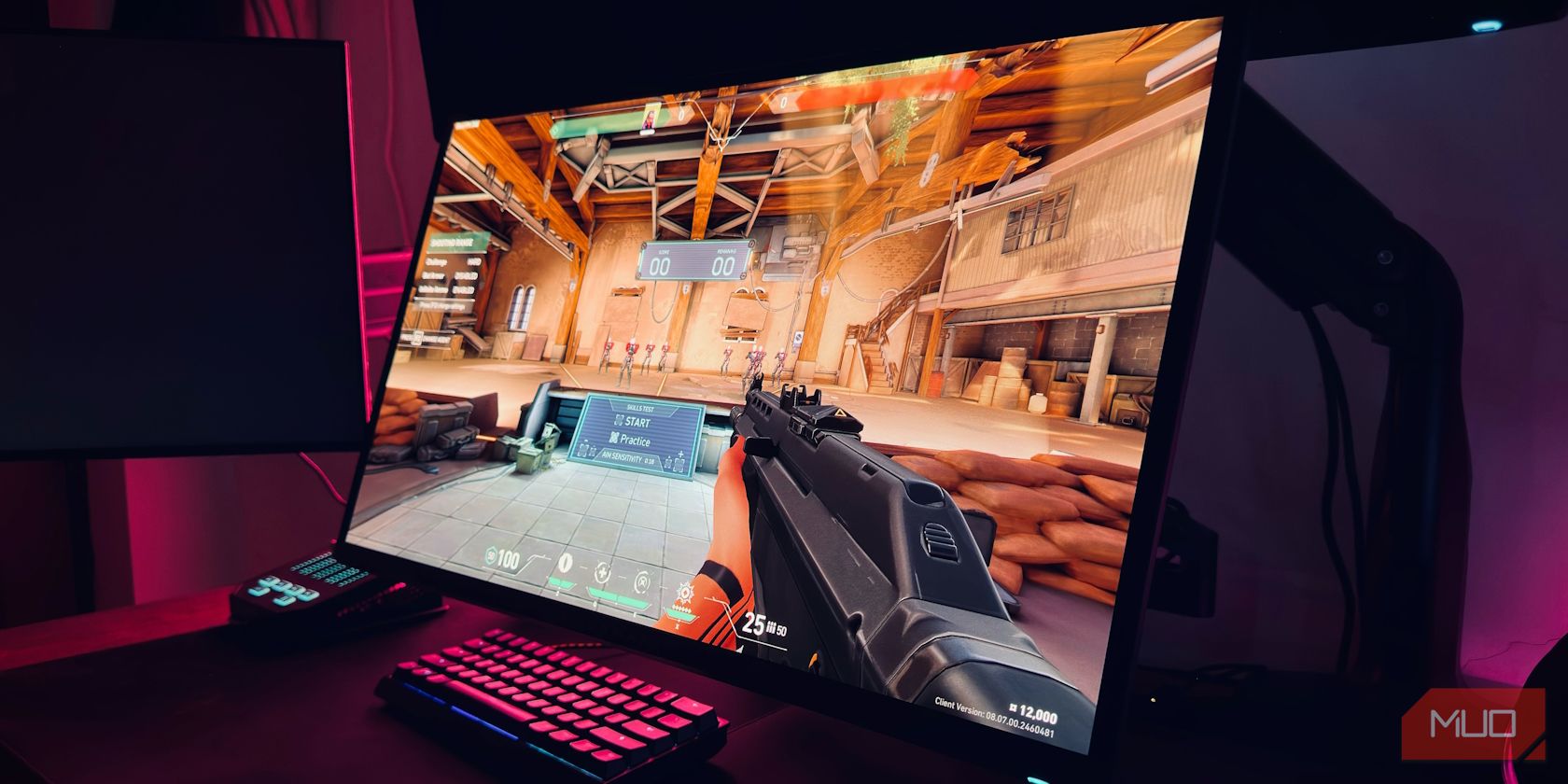
Step-by-Step Guide: Splitting a Model Into Parts for Easier 3D Printing

Introducing the Miniature Marvel of Additive Manufacturing: A Coin-Sized 3D Printer Using Cutting-Edge Silicon Technology, No Moving Parts
3D printing has made manufacturing more affordable, especially for low-volume production. However,3D printers are often huge and heavy devices that need a stable platform to work properly — until now.MIT News reports that its researchers have worked closely with a team from the University of Texas at Austin to create a prototype 3D printer that is smaller than a coin.
This photonic chip focuses its beam into a resin well that rapidly cures when it’s hit by a particular wavelength of light emitted from the chip. The palm-sized 3D printer also saves space by eschewing moving parts — instead of using arms and motors to change the beam’s focal point, the prototype uses tiny optical antennas to move it around and create the desired shape.
Image 1 of 2
Photographs showing a a typical commercial 3D printer with a photonic chip (outlined in black) for scale and b a fabricated and packaged photonic chip. c Conceptual diagram of the proposed chip-based 3D printer, showing a hologram formed by a chip within a resin chamber (not to scale). d Conceptual diagram of the proof-of-concept stereolithography-inspired chip-based 3D printer demonstrated in this work (not to scale) (Image credit: MIT)
 Software Update Pro - Check and update software installed on your computer.
Software Update Pro - Check and update software installed on your computer.
a Electrically controlled beam steering of the main lobe of the 3D-printer chip’s visible-light integrated optical phased array when a square wave with a varying peak voltage is applied across the liquid-crystal-based phase shifter53,54. b Photographs of a 3D-printed line, created using the chip-based printer, within a well of remaining liquid resin (top) and the same solid 3D-printed line after separation from the remaining liquid resin (bottom). c Photographs of a 3D-printed MIT logo created using the chip-based printer, with a U.S. nickel for scale (left) and zoomed in (right) (Image credit: MIT)
If the team is successful in turning this concept into a viable product, it could change the face of instant manufacturing. The portability and speed of this palm-sized printer could allow anyone — engineers, doctors, or even first responders — to create solutions on the fly without needing to lug around a big and heavy device.
For example, an orthopedic surgeon could bring a 3D scanner into the operating theater and scan a patient’s broken bones. From there, they could bring in a biomedical engineer to craft a custom bone implant to help fractures heal and then print it with the portable 3D printer using a biomedical resin.
LATEST VIDEOS FROM tomshardware Tom’s Hardware
Alternatively, this small 3D printer would be much easier to bring on the Artemis moon exploration program, especially as it is lighter and more compact than other alternatives. It could then be useful for creating tools that the crew will need on the fly.
These are just some of the exciting possibilities that this 3D printing concept brings to the table. According to MIT Professor Jelena Notaros, “This system is completely rethinking what a 3D printer is. It is no longer a big box sitting on a bench in a lab creating objects, but something that is handheld and portable. It is exciting to think about the new applications that could come out of this and how the field of 3D printing could change.”
3D printing has quickly changed over the years since it was first introduced. Today, we are gettingmetal 3D printers in the International Space Station that can print tools and parts needed for moon and Mars missions, as well ascheap $77 AliExpress 3D printers that let you start making your own builds at a fraction of the cost. We’ve even seen affordable new 3D printers that arelarge enough to print a small child . If this project makes it to retail, then, soon enough, we’ll have a 3D printer you can fit in your pocket.
Stay On the Cutting Edge: Get the Tom’s Hardware Newsletter
Get Tom’s Hardware’s best news and in-depth reviews, straight to your inbox.
Contact me with news and offers from other Future brands Receive email from us on behalf of our trusted partners or sponsors
By submitting your information you agree to theTerms & Conditions andPrivacy Policy and are aged 16 or over.
- Title: Step-by-Step Guide: Splitting a Model Into Parts for Easier 3D Printing
- Author: George
- Created at : 2024-08-19 03:24:09
- Updated at : 2024-08-20 03:24:09
- Link: https://hardware-tips.techidaily.com/step-by-step-guide-splitting-a-model-into-parts-for-easier-3d-printing/
- License: This work is licensed under CC BY-NC-SA 4.0.

